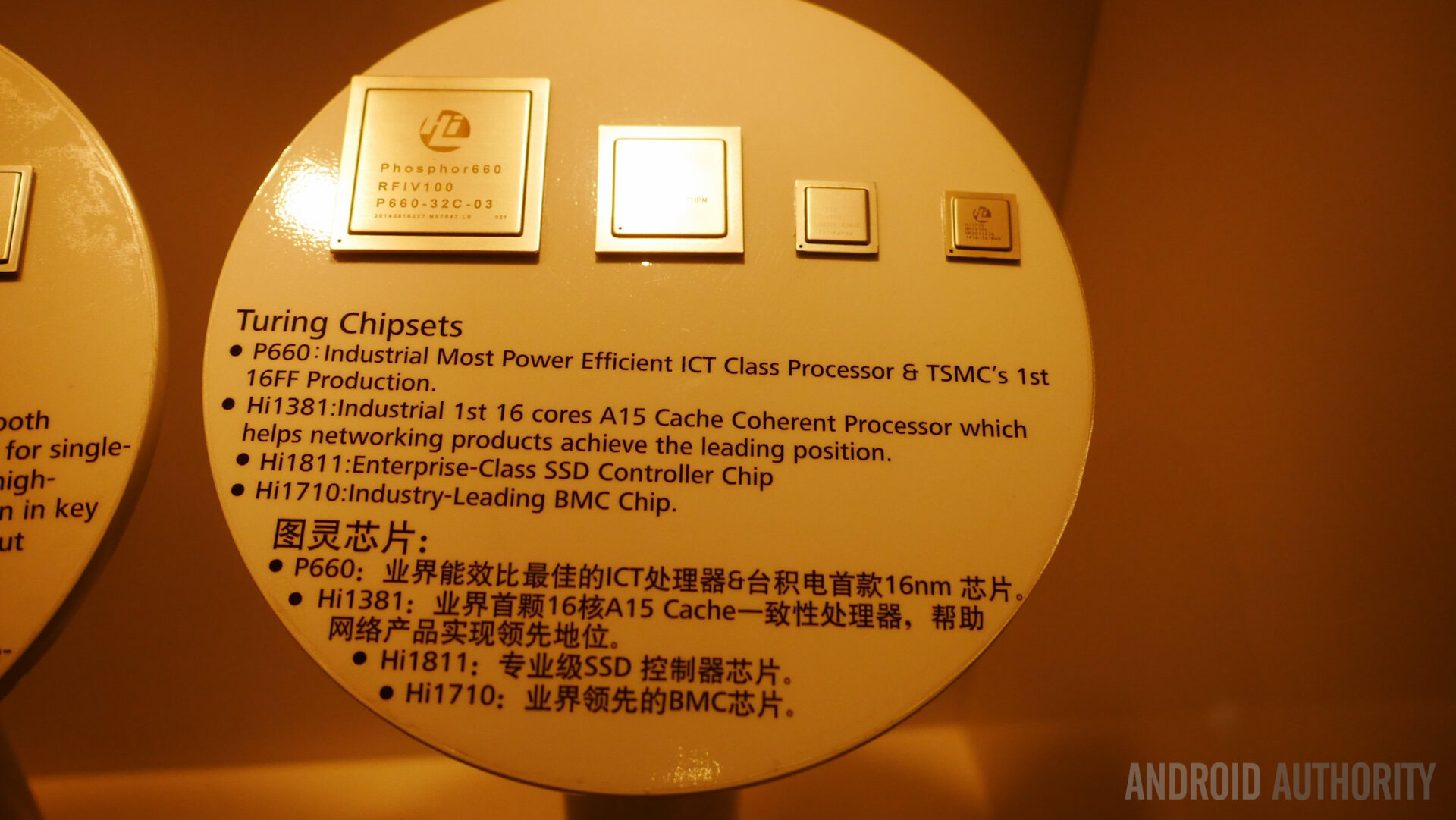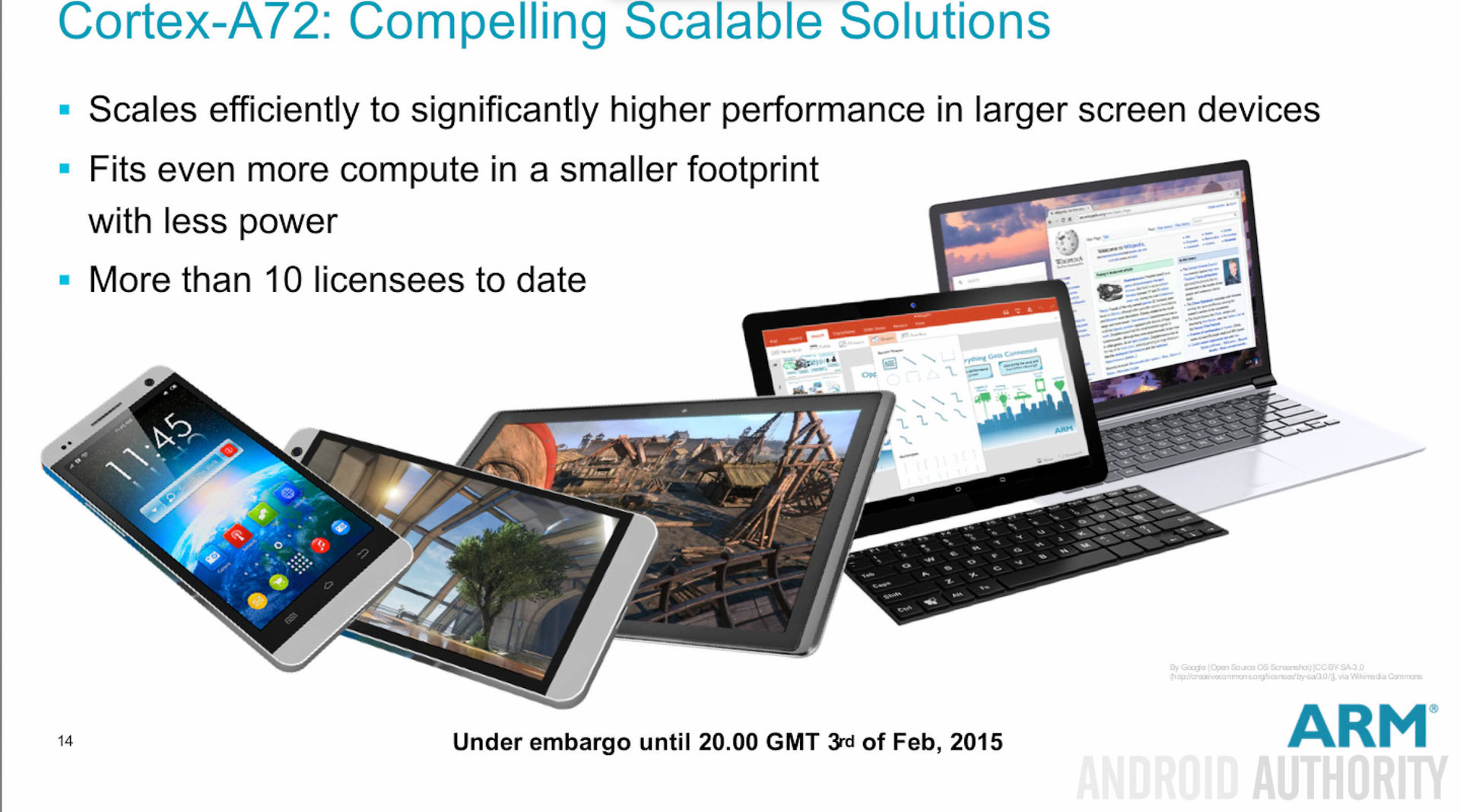Affiliate links on Android Authority may earn us a commission. Learn more.
ARM’s latest IP could be another boon for China

ARM’s newly announced Cortex-A72 CPU and Mali-T800 GPU IPs are clearly exciting prospects for us consumers, but new technologies also create plenty of business opportunities.
At the top of the list of likely beneficiaries is TSMC, the Chinese chip fabrication company that ARM has been optimising its new physical IP with. TSMC’s 16nm FinFET+ process will be the first foundry to support these new IPs, which will give TSMC a head start over its rivals. Even over those with smaller manufacturing nodes on the way. Support for other foundries will come in time, but the first batch of smartphones powered by these chips will likely contain parts produced by TSMC and are expected to arrive sometime in 2016. Even further into the future, ARM and TSMC have already announced a roadmap to reach 10nm optimized designs.
ARM has hinted that “more than ten partners” are already licensing the Cortex-A72 processor design, three of which are China-based HiSilicon and Rockchip, as well as Taiwan’s MediaTek. Each of these companies will likely be using the new IP for their own line-up of mobile application processors. While Apple, Samsung and Qualcomm leverage ARM’s IP for their own custom SoC designs, HUAWEI’s HiSilicon and MediaTek traditionally stick closers to ARM’s reference designs, which may allow them to ship products to market in a shorter time frame.

Importantly, it is these local SoC designers and manufacturers which power a large percentage of China’s gigantic smartphone and tablet market. Although Western markets still make use of PCs for some of their internet access, a large percentage of China’s growing online population are connecting to the internet entirely through mobile. A Chinese government report counted 649 million internet users by the end of 2014, with 557 million using handsets to go online.
Part of ARM’s approach with this latest generation is too scale performance between low and high power devices. In China, where mobile is much larger market than the West, ARM’s new IP will enable local development and production of more powerful mobile devices, to fill in existing gaps in the market. There are a lot of potential consumers, and the first to market with new and improved technologies will likely secure significant sales figures.

ARM’s Ian Ferguson expects that smartphones will move closer to becoming “primary computing platforms” in 2016, and China’s consumer and manufacturing bases are likely to be at the forefront this movement.